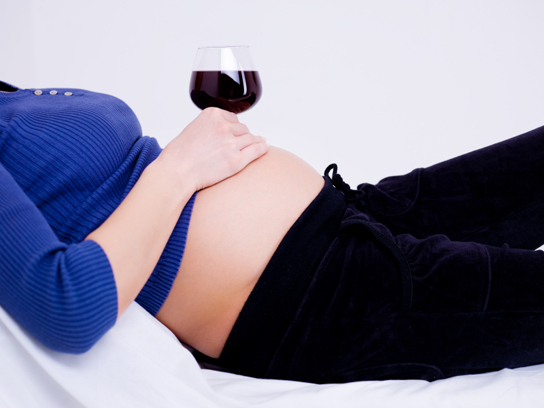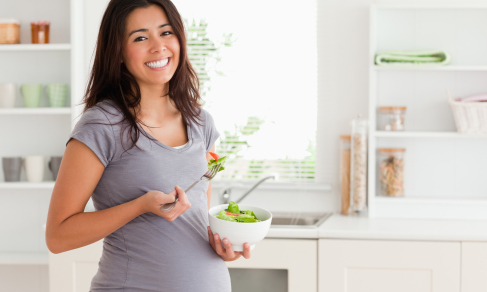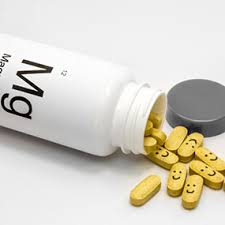Last menstrual period date:
In this blog, you will find useful information about alcohol and pregnancy.

For generations, there was nothing wrong with pregnant or breastfeeding women having a drink or two a day. Drinks such as Guinness beer or stout were recommended and even prescribed by attending physicians.
Then they turned around and lowered the boom: no woman should have even a single drink ever during her pregnancy or while breastfeeding.
Then it was okay for breastfeeding but not pregnancy and now they’re saying “maybe” during pregnancy??? It can give you a serious migraine, all this back-and-forth!
Here’s the scoop: yes it’s okay to drink while you’re breastfeeding. If you’re not drunk, neither is the baby. The level of alcohol in your breast milk is lower than the level in your blood so if you’re safe to drive, you’re safe to breastfeed and there’s no need for pumping and dumping and all that silliness. Your body has an excellent filtration system to protect your baby while you’re nursing as long as you are responsible about it, of course.
This does not apply when you’re pregnant because breastfeeding is not equivalent to being pregnant; the rules are totally different. When you’re pregnant, certain chemicals, such as caffeine and alcohol, are not stopped by the placenta and can actually build up to higher levels in the baby than they reach in you. This is because it takes your baby a lot longer to process chemicals than it does your fully mature liver so by the time you’ve already processed it and are reaching for another, your baby hasn’t even finished the first batch. Another thing to consider is that amniotic fluid is the baby’s urine – he’s drinking and breathing it in, so any alcohol or caffeine that gets passed through unprocessed is taken in again and absorbed into his bloodstream through his stomach and lungs.
There is no safe level of alcohol during pregnancy past the very first ten days (prior to implantation). Yes, we all know a woman who drank a six-pack every day of her pregnancy and now her kid is in an Ivy League school on a merit grant – good for her.
A study in 2013 showed no difference in the ability to balance between children of women who drank between three and seven glasses of alcohol a week and women who didn’t drink but the researchers could not confirm a correlation between “moderate” drinking and the child’s apparent safety. They merely said that the children fared equally well whether or not the mother drank but did consider that social background could’ve had a moderating influence: affluent women have access to better-quality nutrition and medical care, are more likely to drink moderately while women who are economically disadvantaged are more like to be “all or none” type drinkers (either not drinking at all or else binge drinking), less likely to seek regular medical care, and less likely to be able to feed their families decent quality food.
Drinking during pregnancy runs the risk of the baby being born with Fetal Alcohol Spectrum Disorder (what used to be called Fetal Alcohol Syndrome). From the Mayo Clinic’s page at https://www.mayoclinic.org/diseases-conditions/fetal-alcohol-syndrome/symptoms-causes/syc-20352901 :
“Fetal alcohol syndrome (FAS) is a condition that results from alcohol exposure during pregnancy. Problems that may be caused by fetal alcohol syndrome include physical deformities, mental retardation, learning disorders, vision difficulties and behavioral problems.
The problems caused by fetal alcohol syndrome vary from child to child, but defects caused by fetal alcohol syndrome are  irreversible.”
irreversible.”
and
“Fetal alcohol syndrome is a common — yet preventable — cause of mental retardation. The severity of mental problems varies, with some children experiencing them to a far greater degree than others.”
It’s a “common” cause. Let that sink in for a minute.
The Mayo Clinic lists physical symptoms that are characteristic and occur to a greater or lesser degree:
- Distinctive facial features, such as small eyes; an exceptionally thin upper lip; a stubby, up-tilted nose; and lack of ridges running from the nose to the upper lip.
- Deformities of joints, limbs, and fingers
- Slow physical growth (both during gestation and after birth)
- Hearing problems or vision difficulties
- Small head circumference and brain size (microcephaly)
- Poor coordination
- Mental handicap and impaired or slow development
- Learning disorders
- Abnormal behavior, such as inability to focus for long, hyperactivity, impulsive outbursts, and severe anxiety and nervousness
- Heart defects
Is this the child you envisioned when you got your pregnancy test results back?
The bottom line is, nobody knows if there is a safe level so, at this time, the official word is just to cut it out.
My content




